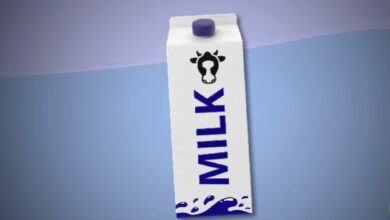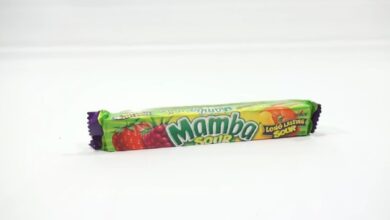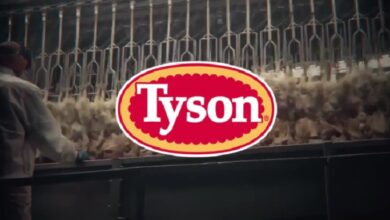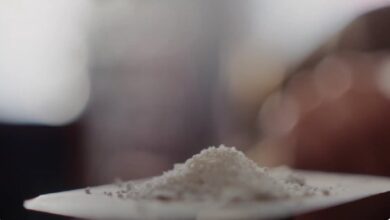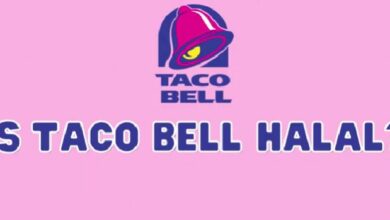Is Yeast Halal
Yeast, a fundamental ingredient in many culinary creations, often sparks curiosity among Muslims regarding its halal status. This article delves into the intricacies of yeast, its various forms, uses, and whether it complies with Islamic dietary laws.
Introduction
Yeast, a microorganism used extensively in baking, brewing, and food production, plays a crucial role in creating the fluffy texture of bread, the effervescence in beer, and the savory notes in numerous foods. Despite its widespread use, the question of whether yeast is halal remains significant for Muslim consumers. Understanding the nature of yeast and its applications can help clarify its status in a halal diet. Yeast is essential, but does it contain any non-halal elements? Is it safe for Muslim consumption? This article will explore these questions in detail.
What is Yeast?
Yeast is a single-celled fungus belonging to the Saccharomyces genus. It ferments sugars to produce carbon dioxide and alcohol, a process vital in baking and brewing. Yeast can be classified into different types, including:
- Baker’s Yeast: Used in bread and other baked goods.
- Brewer’s Yeast: Utilized in beer and wine production.
- Nutritional Yeast: Often used as a dietary supplement for its rich nutrient profile.
- Torula Yeast: Common in processed foods as a flavor enhancer.
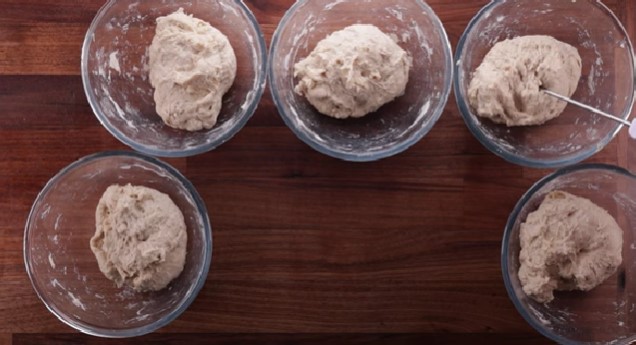
Halal Status of Yeast
Baker’s Yeast
Baker’s yeast is generally considered halal. It is used to leaven bread and does not involve any haram (forbidden) ingredients or processes. Muslim consumers can safely use baker’s yeast in their cooking and baking.
Brewer’s Yeast
Brewer’s yeast, primarily a by-product of beer brewing, raises more questions. Since alcohol is prohibited in Islam, products derived from alcoholic beverages are often scrutinized. However, the final yeast product used in foods typically does not contain alcohol. As long as the yeast is processed to remove any alcohol residues, it can be deemed halal.
Nutritional and Torula Yeast
Nutritional yeast and torula yeast are also generally halal. They are used for their umami flavor and nutritional benefits. Torula yeast was historically produced from alcohol and waste paper, which made it non-halal. However, modern production methods use sugar sources such as molasses or corn, making it halal.
Uses of Yeast in Food
Yeast is versatile and found in various foods:
- Baked Goods: Bread, cakes, pastries.
- Beverages: Beer, wine (brewer’s yeast).
- Savory Foods: Sauces, soups, stews.
- Dairy Products: Cheese, sour cream, yogurt.
Flavor Enhancement
Yeast extract is used as a natural flavor enhancer. It adds a savory taste known as umami and can taste different based on the type of yeast and its processing method. This makes it a valuable ingredient in processed foods, enhancing flavors without adding significant calories or fats.
Where to Buy Halal Yeast
Halal yeast and yeast extracts are widely available. They can be purchased from:
- Supermarkets: Look for certified halal labels.
- Health Food Stores: Nutritional and brewer’s yeast often carry halal certifications.
- Online Retailers: Many e-commerce platforms offer a variety of halal yeast products.
When buying yeast, always check for halal certification to ensure compliance with Islamic dietary laws.
Frequently Asked Questions
What is yeast?
Yeast is a type of fungus that is used in baking and brewing to ferment sugars, producing carbon dioxide and alcohol. It is commonly used to make bread rise and to produce alcoholic beverages.
Is all yeast halal?
Generally, yeast itself is considered halal. It is a natural microorganism and does not contain any haram (forbidden) substances. However, the halal status can be affected by the mediums used to grow the yeast and any additives included.
Can yeast extract be halal?
Yes, yeast extract can be halal. It is derived from the same yeast used in baking and brewing, but it is processed to extract the savory components. The halal status depends on how it is processed and any additives used.
Are there different types of yeast that might not be halal?
Most yeasts used in food production are halal. However, some specialized yeasts or yeast products might contain additives or be grown in mediums that are not halal. It is essential to check the certification or consult the manufacturer.
What are the main uses of yeast in food?
Yeast is primarily used for:
- Baking (to make bread and other baked goods rise)
- Brewing (to produce beer and other alcoholic beverages)
- Fermentation (in foods like soy sauce and vinegar)
Does the production process of yeast affect its halal status?
Yes, the production process can affect the halal status. If the yeast is grown in a medium that contains haram ingredients or if non-halal additives are used during processing, the yeast product may not be considered halal.
How can I ensure the yeast I buy is halal?
To ensure the yeast you buy is halal, look for products that have halal certification from a recognized certifying body. You can also contact the manufacturer for detailed information about the production process and ingredients.
Is yeast used in all types of bread?
Not all bread types require yeast. Flatbreads like tortillas and chapatis do not use yeast, while leavened breads like sandwich bread and baguettes do.
Can Muslims consume nutritional yeast?
Nutritional yeast is typically halal as it is a deactivated yeast that is used as a food supplement for its rich vitamin content. Always check the product label for halal certification to be sure.
Is there a difference between brewer’s yeast and baker’s yeast in terms of halal status?
Both brewer’s yeast and baker’s yeast can be halal. The key factor is the medium and additives used in their production. Brewer’s yeast is often used in beer production, which is haram, but the yeast itself can be halal if grown and processed correctly.
Are there any yeast products that are clearly not halal?
Yeast products mixed with or processed with haram substances, such as certain types of beer or wine yeasts, might not be halal. It is crucial to verify the source and processing methods.
How is yeast extract different from yeast?
Yeast extract is made by breaking down yeast cells and extracting the savory flavors. It is often used as a flavor enhancer in foods. Its halal status depends on the production process and any additional ingredients.
Can yeast be found in non-food products?
Yes, yeast and yeast extracts can be found in non-food products like supplements and cosmetics. The halal status of these products depends on the ingredients and production processes used.
Does yeast contain alcohol?
During fermentation, yeast can produce alcohol. However, in most baking processes, the alcohol evaporates during baking. The small amounts of alcohol produced during yeast fermentation in non-alcoholic products are generally considered negligible and halal.
Where can I buy halal-certified yeast?
Halal-certified yeast can be found in specialty stores, online halal markets, and some larger grocery stores. Look for halal certification on the packaging to ensure it meets halal standards.
Conclusion
Yeast, in its various forms, is generally halal. Baker’s yeast, nutritional yeast, and torula yeast produced using modern methods are all suitable for a halal diet. Brewer’s yeast, while more complicated due to its association with alcohol, is typically processed to be free from alcohol and thus can be considered halal. Muslim consumers should always verify the source and processing methods of yeast to ensure it meets halal standards. This understanding allows for confident and informed choices in maintaining a halal diet.
Read also:

